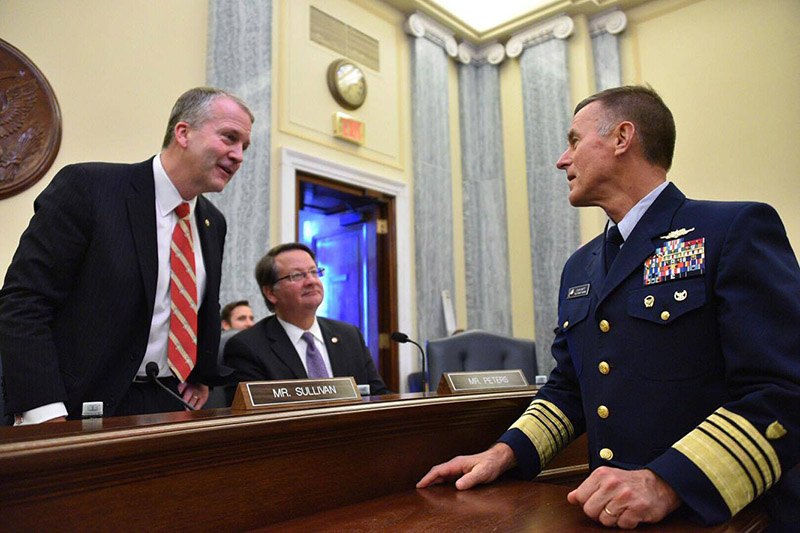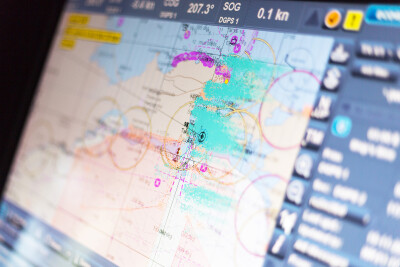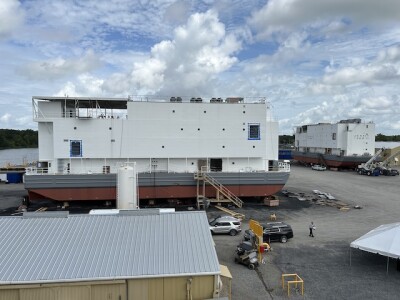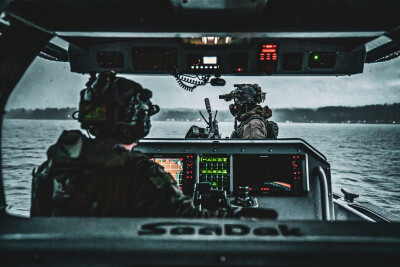Senators who pushed back against an early Trump administration idea for cutting the Coast Guard are still on guard for what the budget process may bring.
Commandant Adm. Paul Zukunft testified Wednesday before the Senate Subcommittee on Oceans, Atmosphere, Fisheries, and Coast Guard, stressing again the Coast Guard’s far-forward strategy for protecting the nation’s sea frontier.
“We push our maritime borders thousands of miles beyond Mexico,” Zukunft said, recounting a past year that brought in a record 201 metric tons of cocaine intercepted at sea. It was more than the total of all seizures on land by law enforcement combined, but admittedly a fraction of what gets through.
A deficit in surveillance, ships and aircraft assets resulted in just 30% of smuggling operations being pursued, while another 580 suspected operations could not be challenged, Zukunft said.
The commandant was talking to a friendly audience, lawmakers who beat back an early trial balloon from the Office of Management and Budget that sought a $1.3 billion cut in Coast Guard spending, including maritime security teams and axing the ninth National Security Cutter.
“All of a sudden a few weeks ago, we suddenly hear…that they’re going to take and rob the maritime wall with a 14% cut. We said, ‘that just can’t be,’” said Sen. Bill Nelson, D-Fla.
Coast Guard subcommittee members soon rounded up 23 colleagues to sign on to a letter warning the White House against the cut, as did more than 60 members in the House. Within a week, administration budget director Mick Mulvaney was denying the cuts had been considered.
“When the skinny budget came out, it was silent on the Coast Guard,” Nelson said of last week’s preliminary budget proposal from the administration.
“The rumblings were that there are still going to be cuts to the Coast Guard,” Nelson added. “So we have to be very careful going forward.”
Zukunft said a 14% cut to his budget would have required difficult choices, and probably not all the savings imagined. If the budget were to target the National Security Cutter, for example, “we’re cutting steel as we speak. I can’t recoup those costs,” he said.
“When we looked at that (OMB proposal)…there were some areas we could not cut,” Zukunft said. One would be maritime security teams, highly trained units that protect ports and intercept inbound ships with suspect cargo.
“These are bona fide counter-terrorism teams” that can pair with Navy units to board vessels far at sea, Zukunft said. Among the threats they are trained to deal with are weapons of mass destruction hidden amid containerized cargo.
“We don’t have to wait until it’s under the Golden Gate Bridge,” Zukunft said.
Reducing 10 regional port maritime security teams would likewise be an unwise move that “would put that economic prosperity at risk” for modest savings, Zukunft said.





